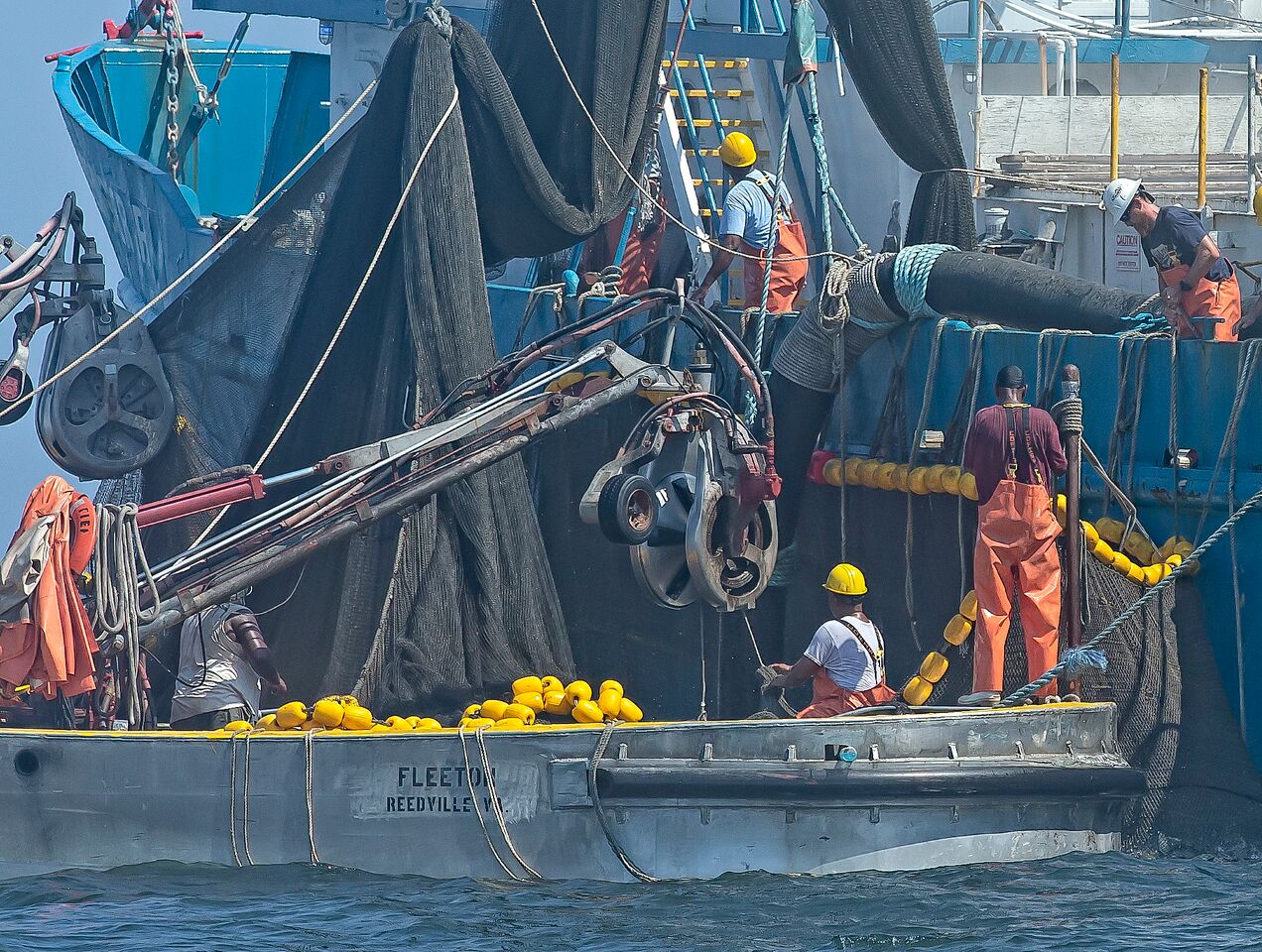
Ensuring a Sustainable Menhaden Fishery
Atlantic menhaden are critical forage for gamefish, species such as whales and eagles, and commercial fisheries. Despite their ecological significance, more menhaden are caught each year, pound-for-pound, than any other fish species in the continental U.S. Since the early 19th century, commercial fisheries have “reduced” menhaden into fish oil, fishmeal, and fertilizers. The excessive removal of these important filter-feeding fish (150,000+ metric tons) from the Atlantic has pushed the population to an all-time low, harming U.S. coastal ecosystems and the country’s economically important fishing and tourism industries.
Fisheries historically are managed through the lens of a single species, failing to account for the role that species plays in the larger ecosystem. The recreational fishing sector, reliant on abundant forage for healthy gamefish populations, is particularly concerned about this shortsighted and antiquated management system.
The Moore Charitable Foundation supports the Atlantic Menhaden Conservation Project’s (AMCP) work to ensure that commercial menhaden catch is consistent with an ecosystem approach to management in the Atlantic Ocean, i.e., for the sustainability of the species and for the health of the other stocks that rely on the forage fish. AMCP is working with federal agencies, including Commerce/National Marine Fisheries Service and Interior/US Fish & Wildlife Service, to promote conservation leadership through the lens of economic opportunity offered by a more conservative management system for Atlantic menhaden.
Impact:
With leadership from the Nature Conservancy and other partners, New York State passed legislation banning the use of purse seins for menhaden fishing, effectively preventing reduction fishing boats from entering state waters.